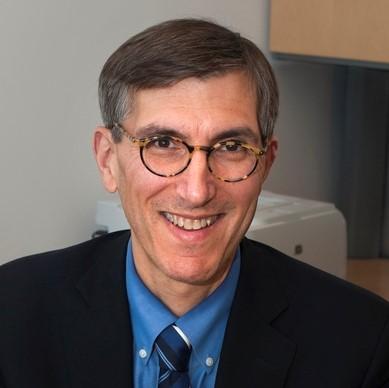The FDA has a better idea of the data they need to grant accelerated approvals for rare disease drugs, meaning more could soon see the light of day, according to Peter Marks, M.D., Ph.D.
“We've [got] a better idea over time over the nature of the data that we want to see that can help us feel that there is a compelling case that a given intervention will potentially be associated with a positive clinical outcome,” said Marks, who serves as director of the FDA's Center for Biologics Evaluation and Research, in an interview with Fierce Biotech.

His words come amid calls from patient advocates and drug developers, both in the U.S. and globally, to more rapidly expand treatment options, especially as gene therapies become more mainstream. One of the ways that can happen is through accelerated approvals, a regulatory pathway whereby drug developers get earlier approval based on data that's likely to predict clinical benefit for serious conditions. Those data points, called surrogate endpoints or biomarkers, differ depending on the disease, but are easier to accrue than clinical endpoints.
One example is in Alzheimer's disease, where Eisai and Biogen originally earned an accelerated approval for Leqembi by showing the reduction of amyloid in the brain, rather than an improvement in cognitive function.
The FDA doesn’t “have to get to 100% certainty between an accelerated approval endpoint and a clinical endpoint," Marks added.
“If that were the case, there wouldn't be a difference, then we wouldn't have accelerated approval,” he said. The agency can mitigate uncertainty by “using science to the fullest extent," according to Marks—be it available animal data or strong human biomarkers related to, for example, the expression of a particular protein.
This is likely music to the ears of someone like Emil Kakkis, M.D., Ph.D., CEO of Ultragenyx, who’s long been advocating for expanding the use of accelerated approval for rare disease patients. Core to his argument, described in a previous interview with Fierce Pharma, is that if the FDA leaned into surrogate endpoints for rare disease patients, then the development process would hasten and there’d be a more viable commercial landscape.
Marks, who has previously acknowledged the difficulty of getting gene therapies for rare diseases approved, used hemophilia as an example of the FDA’s growth. He said that there’s a well-established correlation between blood clotting levels and the severity of the disease. The agency approved BioMarin’s gene therapy to treat the disease a month ago, the first of its kind. Though that therapy was fully approved, Marks says the agency is working to replicate that understanding to other rare diseases that may pursue the accelerated route where possible.
“The idea that we're going to be able to get clinical endpoints in a timely manner on hundreds of rare diseases...I think that’s probably unrealistic,” Marks said.
A critical facet of accelerated approval is confirmatory trials that are meant to ultimately prove that the surrogate endpoint will translate to genuine clinical benefit. FDA Commissioner Robert Califf, M.D., has successfully advocated to have those trials underway before companies get accelerated approval, a policy that Marks says is a "work in progress."
"If we're going to really leverage accelerated approval, understanding upfront how you're going to move from that accelerated approval to a licensed product is really important, especially when you're dealing with very small numbers of patients," he said. Marks noted that this effort should add more confidence to both patients and payers that there won't be "hanging chads" at the end of accelerated approvals, a reference to Florida punch-out voter cards assessed in the 2000 presidential recount that didn't have complete holes.
"Though we're still in early days here and I think we'll see some refinements, and I think we don't want to be overly dogmatic with this, I think it's overall an advance," said Marks.